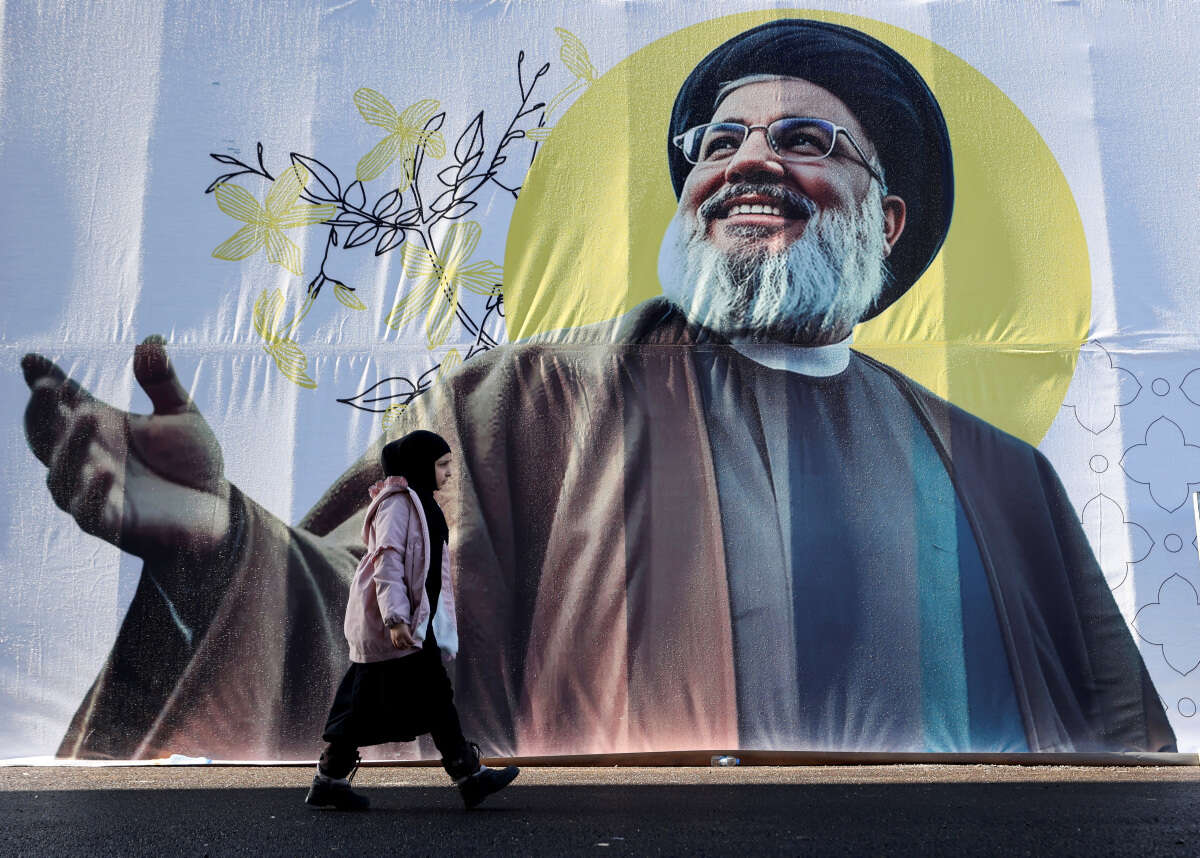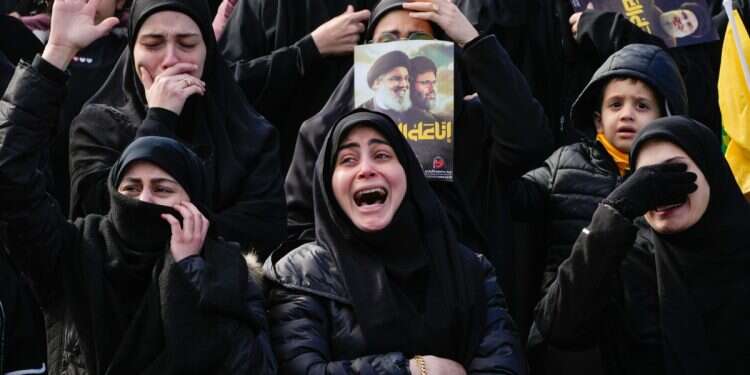Hezbollah is facing unprecedented financial challenges following its recent conflict with Israel, struggling to meet financial commitments to its supporters and showing signs of severe operational strain, according to multiple sources familiar with the situation.
The Iran-backed group, which has long operated as a state within Lebanon, is now grappling with mounting costs from war damage estimated at $3.4 billion by the World Bank, affecting approximately 100,000 homes that were partially or fully destroyed during the conflict.
"I have so many questions about why we were dragged into this conflict, the suffering we endured and who will compensate for our losses," Jalal Nassar told The Wall Street Journal. Nassar, whose restaurant in Tyre was destroyed by airstrikes, said he had to pay $100,000 for repairs without assistance from the organization.
The financial strain has become increasingly apparent in recent weeks. According to The Wall Street Journal, Al-Qard Al-Hassan, Hezbollah's primary financial institution, has frozen payments on previously issued compensation checks, leaving many supporters without promised support.

Fadwa Hallal, a resident of Habboush in southern Lebanon, experienced these delays firsthand. After receiving a $7,000 compensation check for home damage in January, she faced a month-long delay before being able to cash it, with others reportedly experiencing even longer waiting periods.
The situation marks a significant shift for an organization that historically maintained an annual budget of approximately $1 billion for benefits, salaries, and other costs, excluding military expenses. The group's new leader, Naim Qassem, has publicly acknowledged these challenges while calling on the Lebanese state to assist in reconstruction efforts.
Lina Khatib, an associate fellow at Chatham House, suggests these financial difficulties could have long-term implications. "Hezbollah no longer has the cash to compensate its constituents," she said, adding that loyalty to the group "is likely to wane in the long term when Hezbollah's constituents realize that it can no longer offer them financial, political, or security benefits."
The organization's financial challenges have been exacerbated by recent political developments, including efforts by Lebanon's new U.S.-backed government to restrict cash flows from Iran and the fall of the Assad regime in Syria, which has disrupted traditional routes for resources.
Despite these challenges, the group demonstrated its continued influence during Sunday's funeral for Hassan Nasrallah, which drew hundreds of thousands of attendees. Nasrallah, who was killed by an Israeli airstrike in September, had led the organization in building one of the world's most potent nonstate forces.
Moussa Chmaysani, head of the Merchant Association in Lebanon's Nabatieh province, noted that Hezbollah appears to be prioritizing urgent shelter needs over business compensation, highlighting the organization's attempts to manage its limited resources strategically.
The crisis represents a significant test for an organization that has historically provided comprehensive social services to its community, including healthcare, banking services, and employment opportunities for thousands of members.




